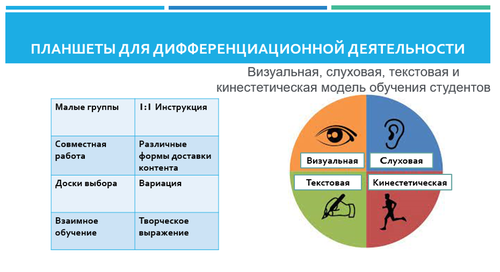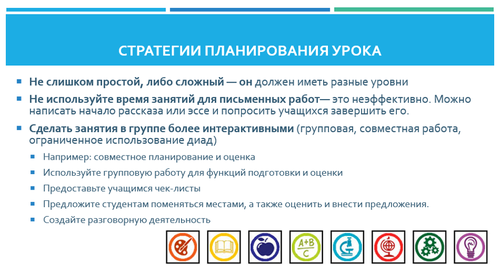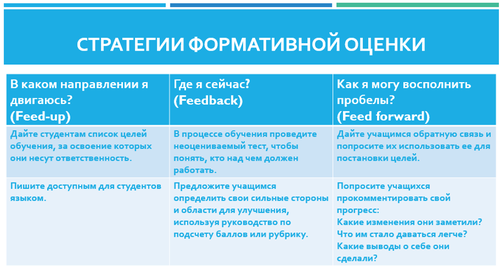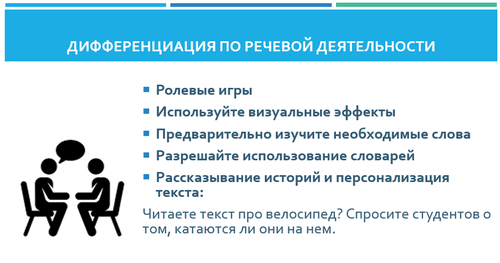On the 23rd and 24th of February Kate Maloney Williams conducted online training on Best Practices in Blended Learning and Formative Assessment. The training was attended by schools in Astana, Almaty and Shymkent, involved in the Akelius pilot project for teaching children who require a special approach in obtaining knowledge.
Kate Maloney Williams has conducted research and technical support in many countries for USAID, INEE, World Bank and IIPO-UNESCO projects. She currently leads research and evaluation at the Center for the Transformation of Teaching and Learning at the University of Maryland.
“My research areas include digital literacy and disinformation syndrome, digital pedagogy, online learning, and digital development. In addition to lecturing at the university, I worked as a teacher's assistant in literacy and numeracy classes in New York City schools. After the war in Sri Lanka, I worked there as a creative writing instructor, as well as a Computer Science and English teacher,” Williams said about herself.
The participants of the training identified learning strategies for students with different levels and abilities, and also learned what differentiation is and why it should be implemented in different-level groups.
“Differentiation means adjusting content, process and product. It includes the use of different levels in the lesson. In reality, there is no such thing as a group with a single level. Differentiation guarantees the success of all learners,” Williams explained.

During the training, teachers learned how to manage a multi-level group, how to differentiate online, and how to use digital tools and assessment strategies in multi-level groups using global cases.

Kate Williams gave the following recommendations for differentiation and lesson planning.
- Use groups of the same level.
- Break big tasks into small ones.
- Provide a response model for speaking or writing assignments.
- Work on useful phrases, vocabulary and structure.
- Define basic knowledge and outcomes. Then decide what you would like to teach more advanced learners.
- Think about students with weaker skills - how can you help them? Which core knowledge will be more manageable?
- Try not to overload students.
“Always offer students options. They will love a class that “challenges them” and allows them to grow at their own pace ,” she advises.
The researcher proposes to interview students in order to identify their interests and abilities. During the speech, she showed sample questions that allow collecting useful information for the teacher.
“When you have more information about the strengths and weaknesses of your students, change your goals in each group to meet the needs of each student. Start the lesson by explaining your main goal. Then ask students to set their own goals. Their responses will act as their personal language goals ,” the researcher recommends.

At the end of class, Kate Williams suggests having quizzes or games to assess student progress. If the results exceed the students' own goals, then they should be praised. If it turned out worse than the student expected, their efforts should be recognized and strategies how to succeed next time should be shown.

Summing up the presentation by Kate Williams, we can highlight the following ways to effectively differentiate and plan lessons: group students according to their ability; break tasks into smaller ones; give examples for oral and written assignments; focus on useful vocabulary and structure; define basic knowledge and results; take into account students with weaker and stronger skills and avoid students overworking.
